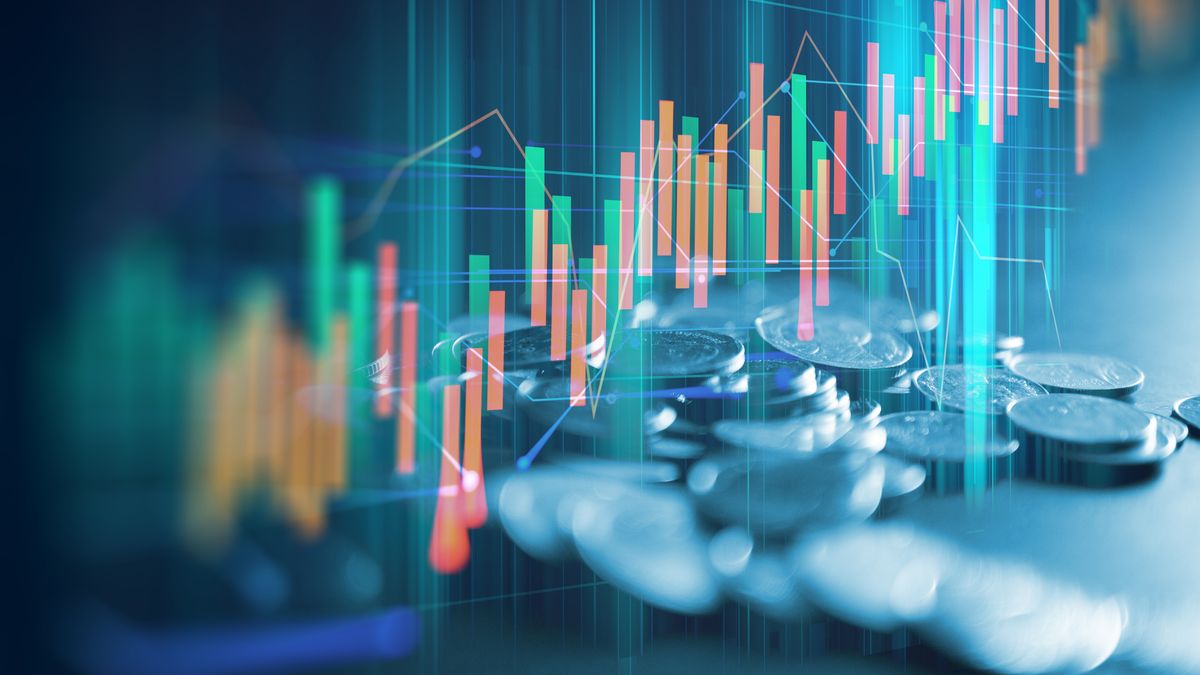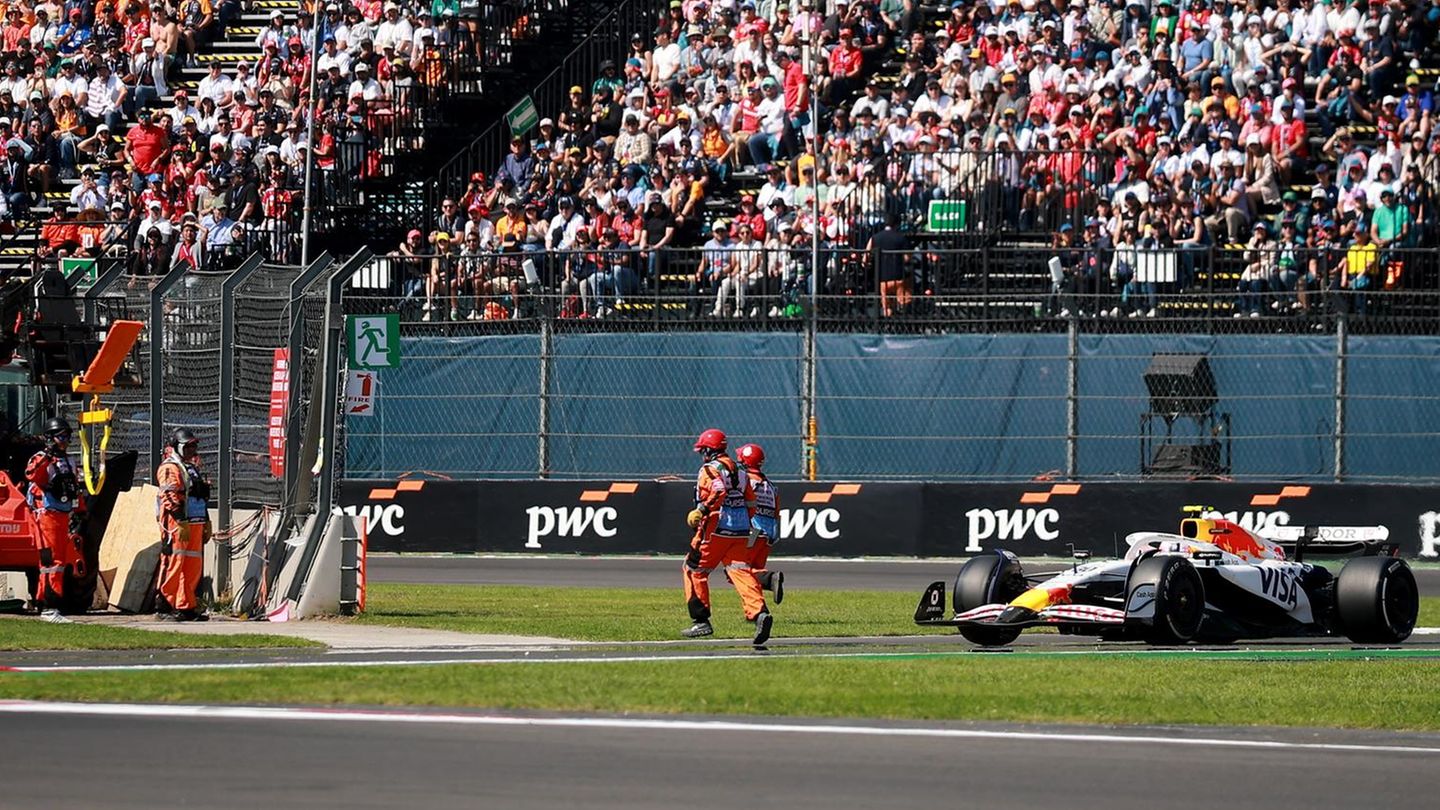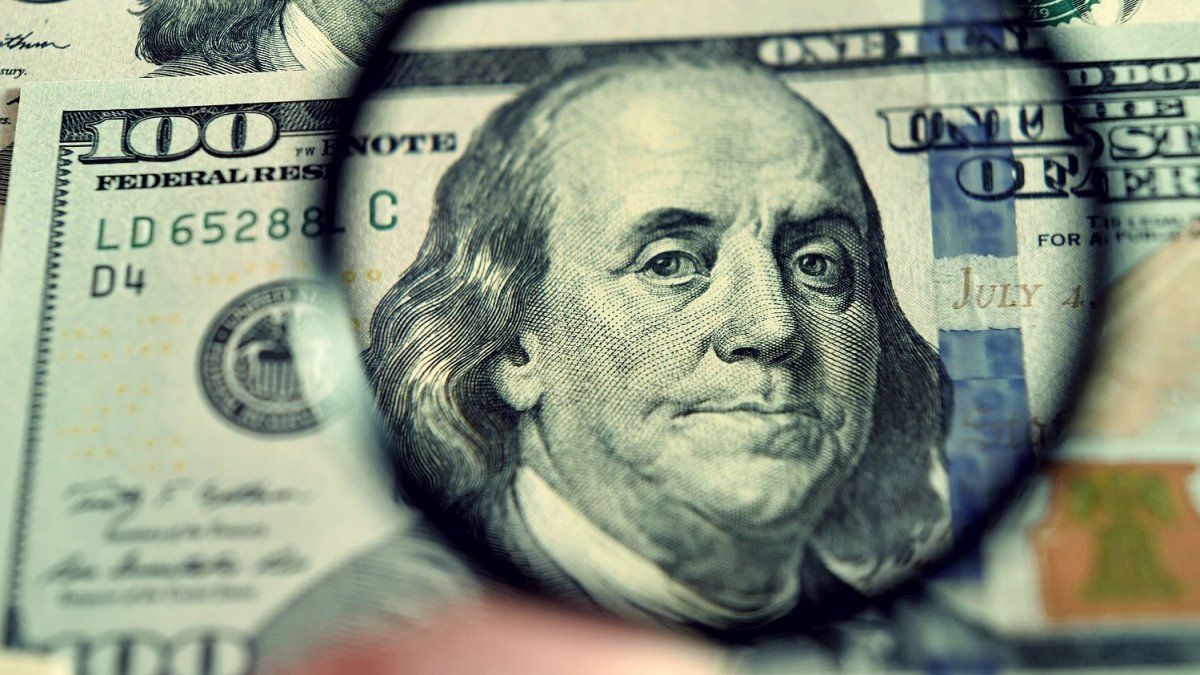The world stock exchanges They fall for the third day in a row, in what could be their worst fall of the year, since the solid US employment data reinforce bets on a new rise in US interest rates this month, while trade clashes between Beijing and Washington also dampen spirits. In this framework, Wall Street collapsed up to 1.4% while world stock markets registered falls of up to 3%.
In this sense, the global stock market index, the MSCI, falls 1.68% this Thursday to US$465.39. As for the main New York indices, the Nasdaq, where the main technology shares affected by the rates are located, fell to 1.4% at 13,594.66 points. Meanwhile, the Dow Jones falls up to 1.4% to 33,800.24 points and the S&P500 does so by -1.2% to 4,389.97 points. European markets. The Buenos Aires stock market, in this context, also falls 4%.
Traders are watching the traditional driver of global borrowing costs, US 10-year Treasury yield rises to a new four-month highas the ADP weekly report on hiring and firing in the private sector was better than expected.
“The Fed was hopeful that we would see a modest deterioration in the labor market,” said Randy Frederick, managing director of trading and derivatives at Charles Schwab. “But with the ADP number being almost double what was expected, it generally implies that there is potential for more rate hikes.”
Although almost all Fed officials agreed to keep interest rates unchanged last month, the minutes showed that the vast majority expected further increases over time. Money market traders now see an 85% chance of a quarter-point hike at the bank’s next meeting on July 26, and about a 50/50 chance of another in November.
A terrifying fall
Sale in world markets also includes a staggering fall of 2.9% and a nearly three-month low for European travel and leisure stocks – a clear side effect of recession angst – while the latest investor survey from Wall Street bank Citi showed China the new consensus of sale.
Rabobank analysts also noted that lThe US yield curve has been “inverted” for 12 months. Inversions are a traditional warning sign of recession, and parts of this one have been the most extreme since the 1980s.
Strong US jobs numbers, combined with Wednesday’s Federal Reserve minutes, lifted 2-year Treasury yields above 5% for the first time since early March, when turmoil hit the sector. American banking system and made investors seek refuge.
Wall Street Operators.jpg
The lagged effects of interest rate moves make it extremely difficult for central banks like the Federal Reserve to judge whether they have done enough, too much or not enough, said Peter Spiller, chief investment officer at CG Asset Management.
“The chances of them hitting exactly? The story is not encouraging,” Spiller said. “The word I like to use is fragile… At this level it is really very fragile,” he added, referring to the global economic outlook.
Tensions between China and the US
US Treasury Secretary Janet Yellen was starting a trip to China just days after Beijing imposed export restrictions on some key metals used in microchips, saying the move could be “just the beginning.”
Hong Kong’s Hang Seng Index, where many of China’s big companies are listed, plunged more than 3% on the day before and Japan’s Nikkei fell 1.7%, having recently hit a 33-year high. “Confidence has soured for equity bulls as US-China relations took another step backwards and investors adjusted to the fact that the Federal Reserve remains more hawkish than expected,” Matt said. Simpson, a market analyst for City Index.
“The Fed’s decision to pause (in rate hikes) was not really unanimous and most members are in favor of further rate hikes,” he added, referring to the meeting minutes that the US Fed posted on Wednesday.
Source: Ambito
I am a 24-year-old writer and journalist who has been working in the news industry for the past two years. I write primarily about market news, so if you’re looking for insights into what’s going on in the stock market or economic indicators, you’ve come to the right place. I also dabble in writing articles on lifestyle trends and pop culture news.




